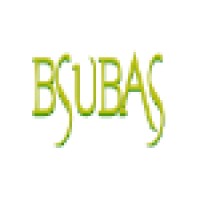
National Filters, Inc.
National Filters, Inc. is an industrial filtration manufacturer located in Harbor Beach, Michigan. At NFI we specialize in the production of hydraulic filter elements to replace all of the popular brands. National Filters product range also includes lubrication oil filters, fuel filters, diesel fuel filters, diesel air filters, dust collection filters, air filters and pool & spa filters. The NFI engineering team can also custom design filtration products based on your requirements.






